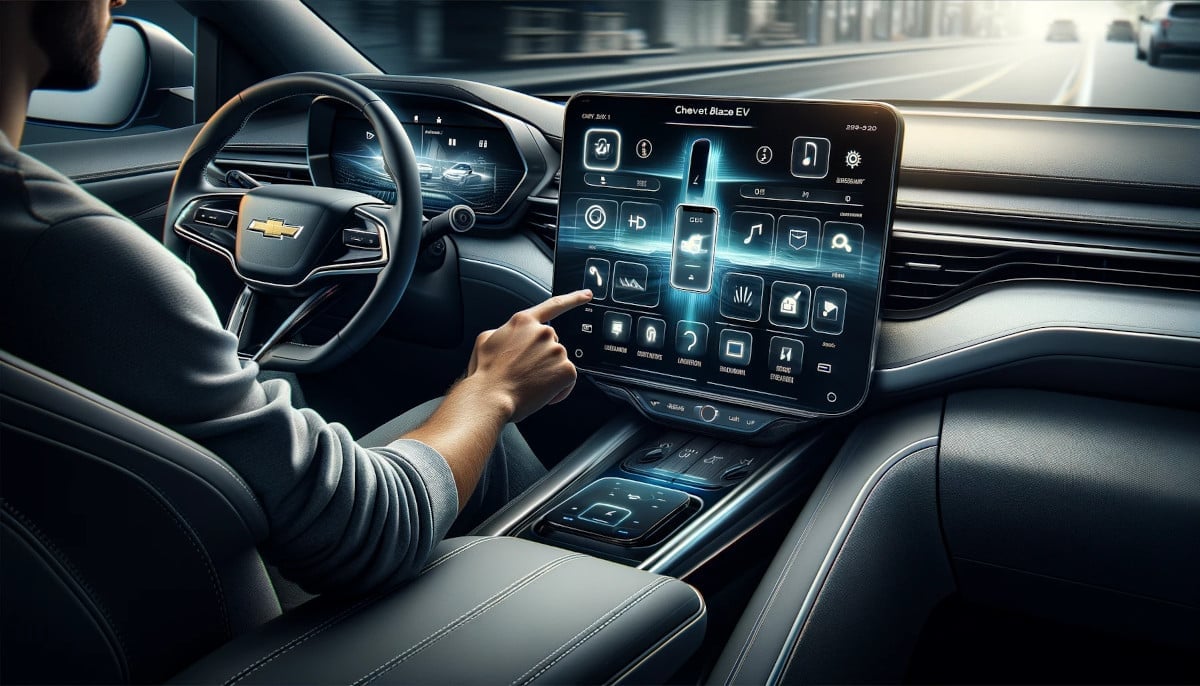
GM's Controversial Move Away from Popular In-Car Features
General Motors has made a controversial decision to phase out Apple CarPlay and Android Auto for its latest line of electric vehicles (EVs).
Consumers have traditionally viewed these features as critical, yet GM insists that a more optimized EV experience and the introduction of advanced driving systems will more than compensate for their removal.
This announcement has not been without its detractors, who argue that these justification grounds are insubstantial when asking users to abandon beloved functions.
During the press unveiling of the Chevrolet Blazer EV — MotorTrend's 2023 SUV of the Year — Tim Babbitt from GM brought to light the safety issues associated with phone-mirroring systems like CarPlay and Android Auto. Technical glitches could lead to excessive phone handling while driving, constituting a distraction that compromises driver safety.
Ultifi
In an effort to enhance user experience and ensure greater safety, GM has developed its own comprehensive system known as "Ultifi." Debuting features such as integrated Google apps, Spotify, and Audible promise to offer users a seamlessly navigated experience without needing to rely on the external phone-mirroring systems.
Critics, however, pointed out GM's previous shortcomings concerning in-car navigation, questioning if the new system could repair customer trust and satisfaction.
Tim Babbitt also touched upon the limitations of wired connections, conceding that these did not resolve the broader issues plaguing CarPlay and Android Auto — challenges that, according to J.D. Power, consumers often default to automakers' accountability for.
Underneath the safety rhetoric, a strategic financial play unfolds. The tug-of-war over vehicle-generated data between automakers like GM and tech giants like Apple and Google has intensified, mainly because this data holds the key to enhanced customer insights and the potential creation of a new market for third-party sales. This underlines a part of GM's rationale, as highlighted by MotorTrend's coverage.
Adding to the complexity, there's a prevailing industry trend suggesting that GM's discontinuation of phone-mirroring programs is in part to encourage the adoption of subscription-based services and in-car purchases. With an eye on the future, GM's strategy appears to be part of a grander plan to tap into an estimated $25 billion per year revenue stream by the year 2030.
Despite GM facing backlash for severing ties with CarPlay and Android Auto, it's worth noting that it is not the only automaker taking this path. Both Tesla and Rivian have also opted out of offering these features while still managing to retain their market appeal.
The pressing question is whether GM's investment in "Ultifi" will deliver on its promises without succumbing to the same reliability issues that plagued its previous systems.
In the rapidly evolving landscape of automotive technology, General Motors is willing to take decisive, albeit divisive, steps to redefine the in-car experience. Whether this move will steer them toward innovation or isolation remains to be seen.